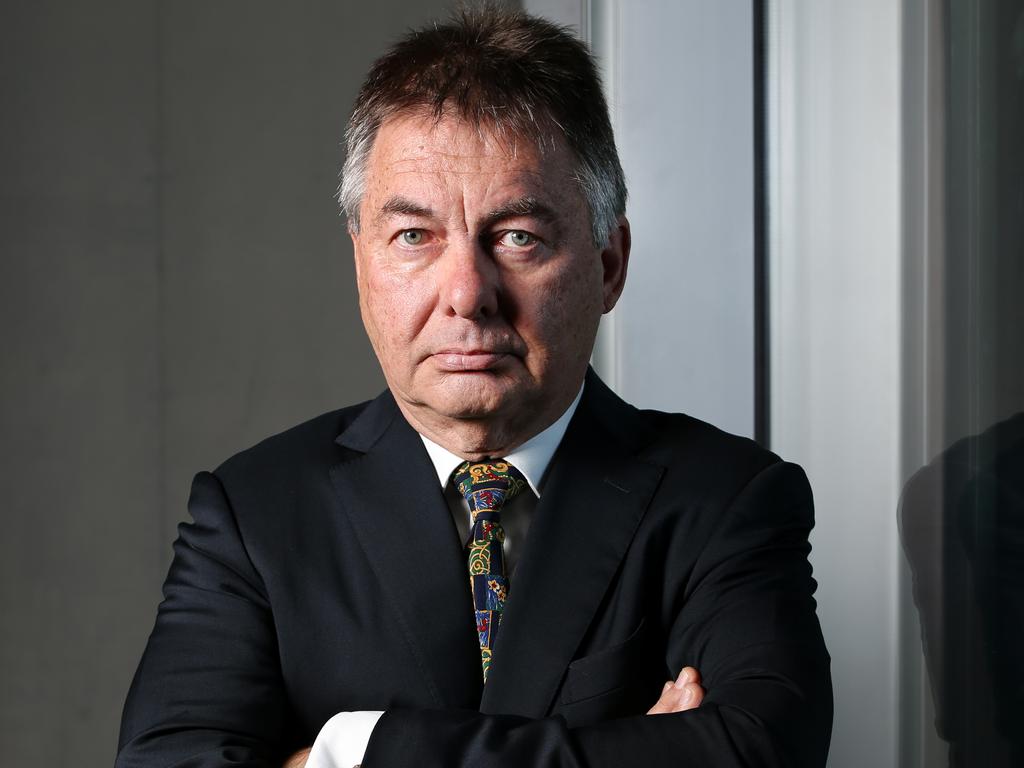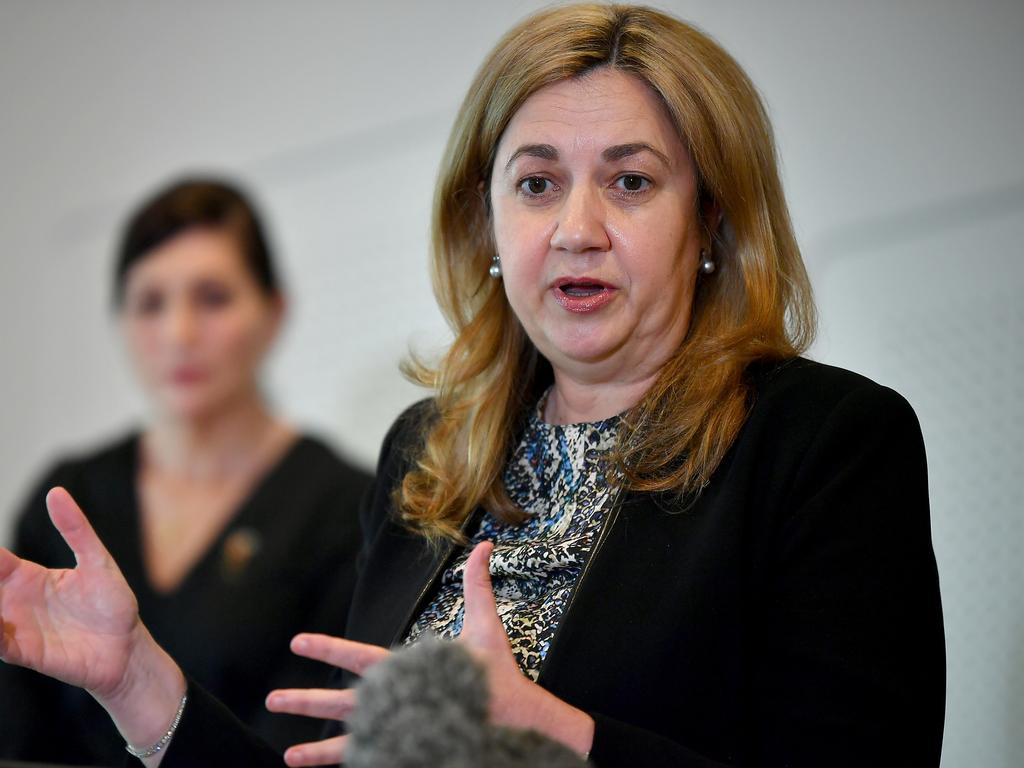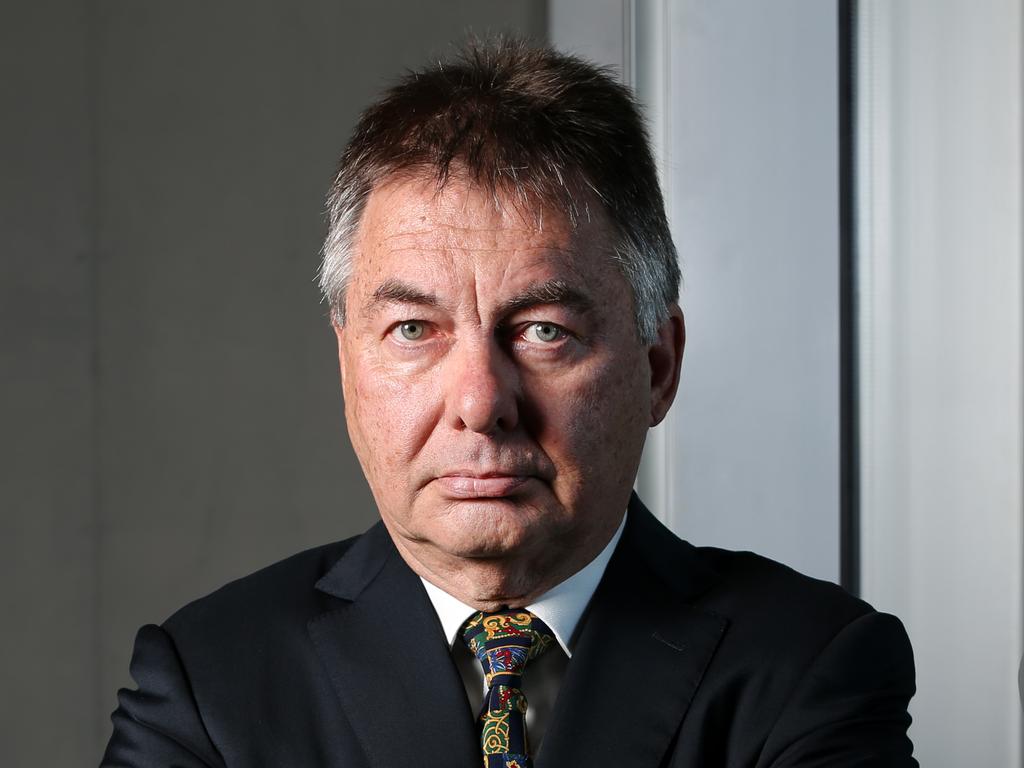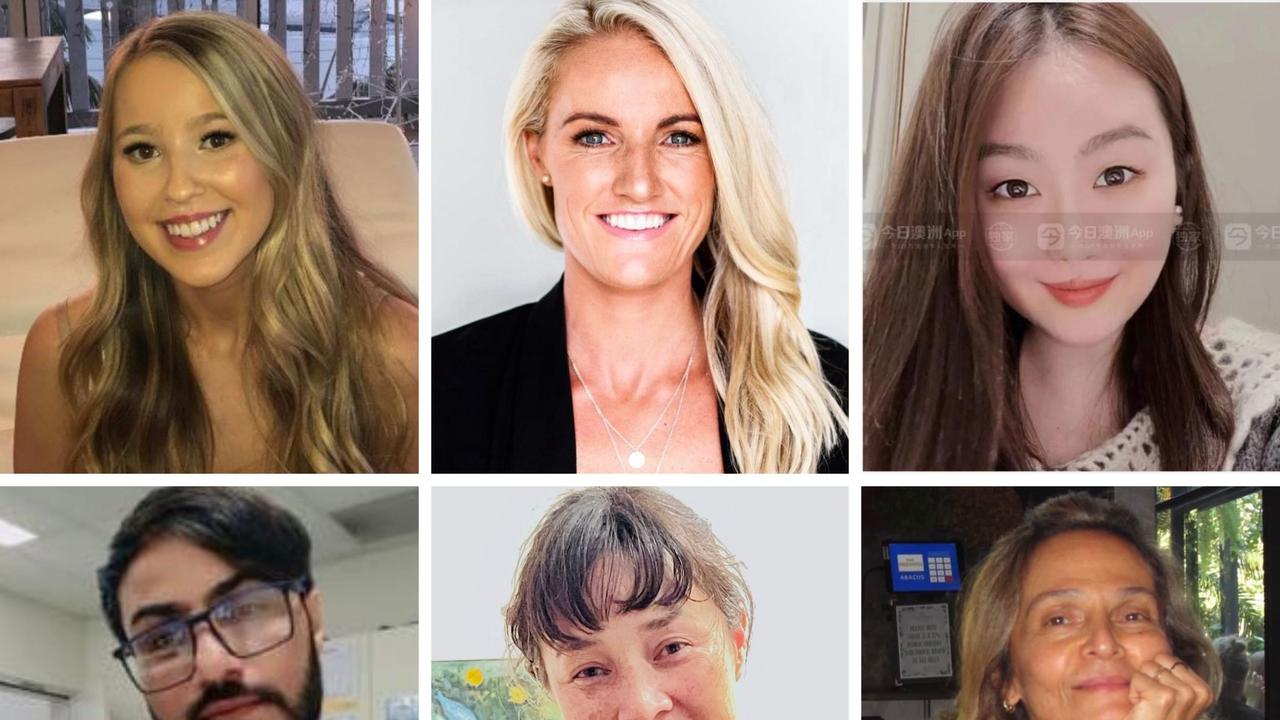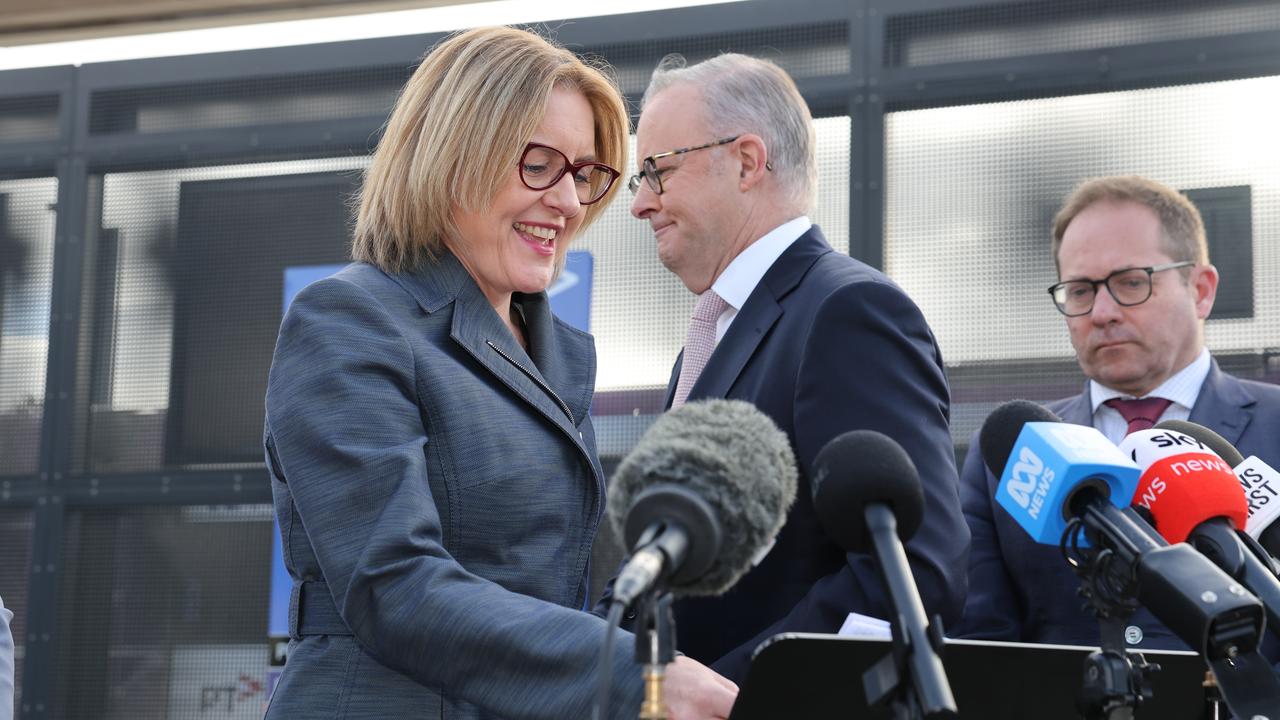Queensland lab inquiry told scientists knew there was 10pc chance of finding crucial DNA
Forensics lab scientists knew there were hopes of finding crime scene DNA when they ‘downgraded processes’, inquiry told.
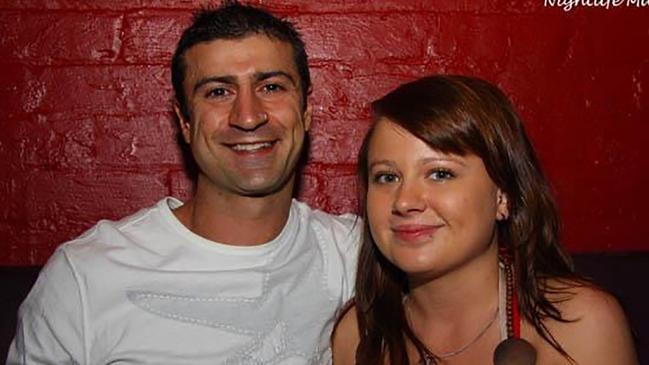
Managers at Queensland’s DNA laboratory rejected warnings from their own forensic scientists that vital evidence from violent crimes was going undetected because of unusually high testing thresholds, a public inquiry has heard.
A “toxic culture” at the lab of cost- cutting and shortcuts was alleged by staff in the first day of public hearings of a royal commission-style inquiry, overseen by retired Court of Appeal president Walter Sofronoff KC. An unprecedented DNA testing threshold was introduced in Queensland in early 2018, against the advice of some of the government-run lab’s senior scientists who warned evidence would be missed as a result.
The management decision meant samples with lower levels of DNA, that would still help police solve murders and rapes, were ignored for almost five years.
Managing scientist Cathie Allen and team leader Justin Howes, who pushed for the change, were stood down on full pay last week after interim findings of the inquiry cast doubt over potentially thousands of criminal cases. Before 2018, samples with low levels of DNA were concentrated by scientists to improve the likelihood of obtaining a useful DNA profile.
This process was abandoned after Mr Howes and Ms Allen told their major client, Queensland Police Service, there was “minimal value” in routinely concentrating samples. Police were told by the lab’s now-stood-aside managers that the success rate of finding new evidence when testing below the threshold was 1.45 per cent.
Senior scientist Kylie Rika, who has worked at the DNA lab since 2005, and her colleague, Amanda Reeves, warned against the new testing procedures when they were first introduced.
They sent Mr Howes and Ms Allen data from a separate analysis that revealed useful information could be found up to 25 per cent of the time when testing was done below the threshold.
Ms Rika told the inquiry her fellow scientists were of the view that any chance of extracting a result justified an exhaustive forensic examination.
“One sample, one sperm on a child of a sexual assault, to me that one sample is relevant. I don’t care what the percentage is,” she told the inquiry.
“For me, it just felt like I couldn’t get that message across.”
Despite Ms Rika’s concerns, which she raised internally, that police may not understand the risks of the new procedure, her pleas for it to be reassessed were rejected.
The new testing regime was introduced in February 2018 after police were not fully informed of the inevitable downside.
Internal documents and emails, which have been provided under legal demand by the commission, show that Ms Rika then agitated multiple times for a review of the new procedures between 2018 and 2021. She said she was ignored.
Red flags about forensic results were also raised by Inspector David Neville in late 2018 after the lab failed to detect DNA in samples from a murder investigation.
“Upon retesting, three of the four samples provided a DNA profile,” the inquiry heard.
Inspector Neville’s concerns were hosed down in an email from Ms Allen, who told him the chance of finding new evidence in samples that fell below the threshold was low, the inquiry heard.
The first witness to give evidence at the public inquiry, Ms Rika said her concerns were dismissed amid a toxic culture at the lab. Scientists such as Ms Rika perceived that negative feedback as a “nuisance” to management.
She said there was pressure from senior lab management to get “more results out the door more quickly”.
“That information came to me and others in the lab, through Justin and Cathie, based on conversations with (Queensland Police Service),” she said.
“I just remember … QPS were putting pressure on how to get results out more quickly.”
As evidence of disturbing practices at the lab was uncovered in The Australian’s investigative podcast series Shandee’s Story in November last year, Ms Rika began reviewing results.
In a spreadsheet, she tracked how often DNA profiles could be generated in samples that fell below the testing threshold.
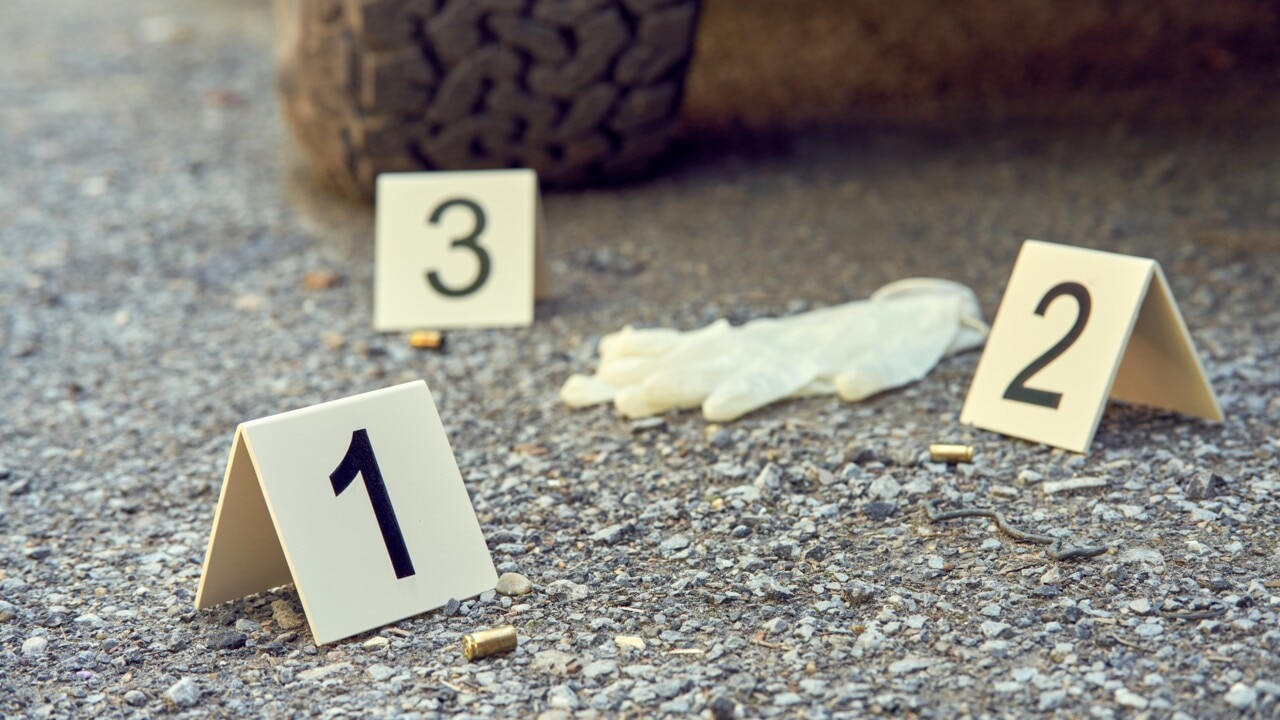
The alarming findings included results that useful DNA could be found on the underwear of a rape victim, but this sort of sample was not routinely tested.
Ms Rika took her results to management but was told the lab was “too busy” to review its thresholds. She then escalated her concerns to Lara Keller, the executive director of Forensic and Scientific Services, who recommended Ms Rika seek whistleblower protections.
But Ms Rika’s “public interest disclosure” was dismissed by Queensland Health’s Ethical Standards Unit which refused to investigate.
Dr Kirsty Wright, who worked at Queensland’s forensics lab until 2007, was the first to publicly raise concerns about testing procedures in the Shandee’s Story podcast, which investigated the brutal 2013 murder of a Mackay woman.
An expert DNA scientist, Dr Wright found the lab did not complete full DNA testing on potentially crucial forensic samples in Shandee Blackburn’s case, including on a large knife police thought could have been the murder weapon.
Dr Wright said the DNA inquiry was the most important event in the history of Queensland’s criminal justice system.
“The scientists were telling the managers what the risks were and the managers understood how those risks would translate into real cases,” she said. “It would mean there were cases that were not resolved. It appears they knew the risks and deliberately decided not to fully test.”
Shandee’s mother, Vicki Blackburn, said the inquiry heard “unbelievable” evidence on its first day.
“It was a revelation to discover the depths of deception. This is just the tip of the iceberg” she said.
“Those scientists, they tried so hard to raise concerns for years and years, my heart goes out to them.” The lab’s performance in testing forensic evidence from Shandee’s case will be examined later in the inquiry.
Hearings continue on Tuesday.



